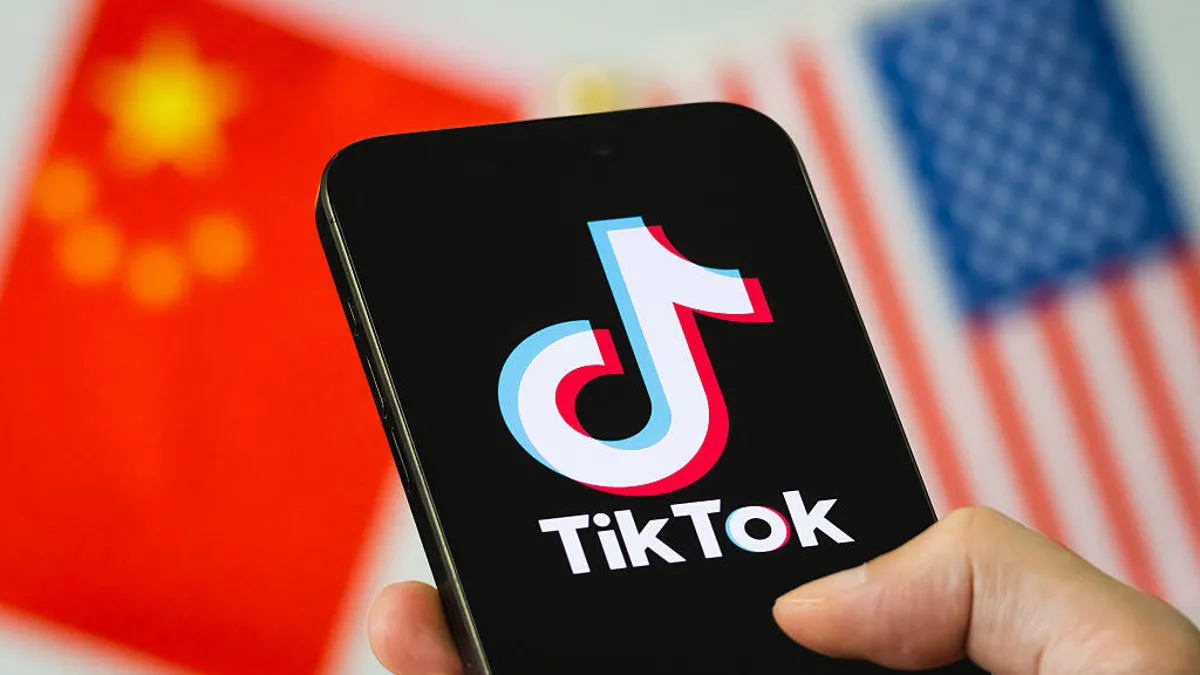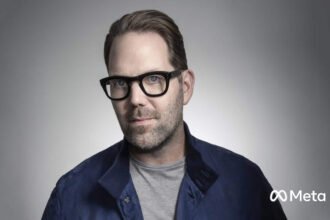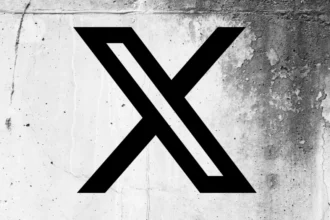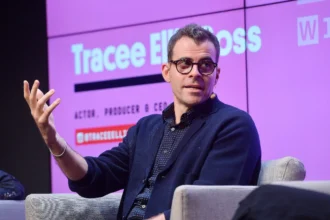A deal to keep TikTok running in the US beyond the current Dec 16 deadline is likely to be struck sometime soon. According to an executive order on the US company’s approval in China, which could become official in the next week, The Wall Street Journal reports.
What will change for TikTok? Who will control the platform? Will the US edition of the wildly popular video app be a ‘restart’ with a brand new app or a version of the existing app that some 170 million Americans already use?
For many of those questions, there are few answers, but some progress. Sept 19: US President Donald Trump speaks on the phone with Chinese President Xi Jinping.
Afterwards, Trump said a deal for US firms to assume US operations of the platform had China’s approval. China-based ByteDance owns TikTok. The experience for TikTok users during this transition, however, is far less straightforward.
What could change?
Earlier reports had claimed that a new US version of TikTok would require all domestic users to move to a wholly new application; data may not flow to that new app from the rest of the world.
That may not be a given anymore. The Wall Street Journal says there is no need for US TikTok users to migrate, with the transition now taking place via an app update.
However, the algorithm TikTok uses in the US is destined for evolution. According to the latest from Bloomberg, the new algorithm might be an iteration of the original version created by ByteDance. Still, it will have been rebooted and tested on fresh data. How existing data on users would meld with the new algorithm data, or if that’s even possible, isn’t clear.
Who’ll run TikTok in the US?
A US version of TikTok would be overseen and operated by a group of US-based companies, including Oracle, which has reportedly been tasked with data storage and cloud and serve as TikTok’s security partner.
Existing investors of TikTok, including Susquehanna International, would maintain 30% of the US TikTok consortium, while new investors, including the private-equity firm Silver Lake, would stay that joint share at 80% ownership, according to The Wall Street Journal and a separate report from Reuters.
ByteDance would not let go of total power. It would take one of the seven board seats for TikTok’s US operations, per the reports. If so, it would leave the door open to China’s continued engagement, which the Trump administration and the former Joe Biden administration warned was a national security risk and reason to shutter TikTok in the first place.
But further information around ownership and control may change. No agreement on TikTok has been finalised, Chinese officials have said.
How soon will it happen?
A deal had appeared likely at one stage, by the time China and the U.S. had at least flagged a deal during a Sept 19 phone call. Instead, the Trump administration delayed the deadline for TikTok’s sale or shutdown–until December. But if an exec order comes sooner, that could accelerate a quicker fix.
Who’s asking, though, could influence the terms of what a “final deal” looks like. And should the parameters align for new ownership by the Dec 16 cut-off, just what that will all look like is not even likely to be made public after a switchover takes place.
Jake Williams, a security expert and instructor at IANS Research, said in an email that “I won’t be at all surprised if we are still learning about the particulars of oversight and governance a decade after TikTok is moved from ByteDance to Oracle.
If that ownership stake doesn’t include content algorithms and data collection, maybe that’s a problem for the deal, Williams said, but Williams expects technical difficulties to kill the whole endeavour.
Will the update be successful?
Williams said retrofitting the existing app to run with Oracle’s systems could prove nearly impossible, regardless of assurances from the administration that a new app may not be needed.
If anyone thinks that we can just lift and shift any major Applications infrastructure from one data centre to another, they have never worked on operations, he said.
They’re years away from being a TikTok and probably would have to kill features to get there, he said of adjusting the existing app.
And will other countries even trust a US algorithm not to censor them, especially after the Jimmy Kimmel showdown?
Although the Trump administration clearly has an appetite for serving TikTok to American businesses and is in bed with the government, Williams is much more bearish on the app’s fate.
In short, this endeavour is nearly destined to fail: both at the level of policy and that of technical action. In the process, it will kill TikTok as we know it today.




















